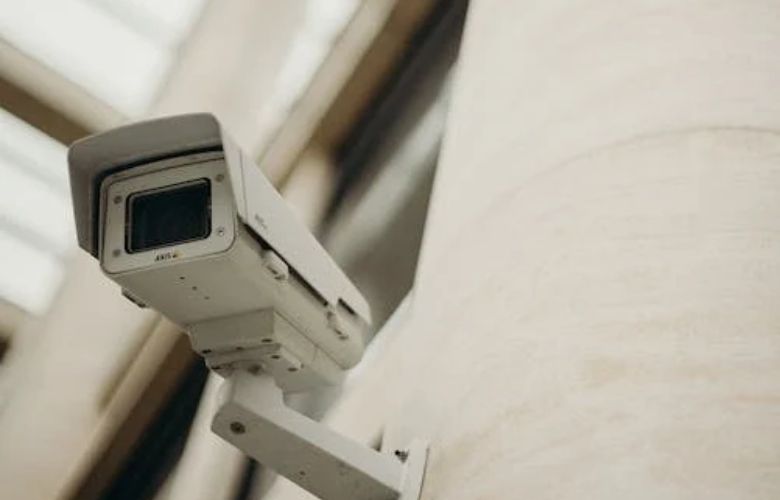Introduction
The importance of the security camera in the modern world cannot be overstated. The rate at which crime is increasing and the number of people who are suffering as a result of it is alarming. This has led to an increase in demand for security cameras that can help people protect their homes, offices, and other places they visit regularly. When it comes to buying a security camera system, there are a lot of options out there. It can be hard to choose the right one for your needs. Here is the list of factors you should consider when making that decision.
Purposes
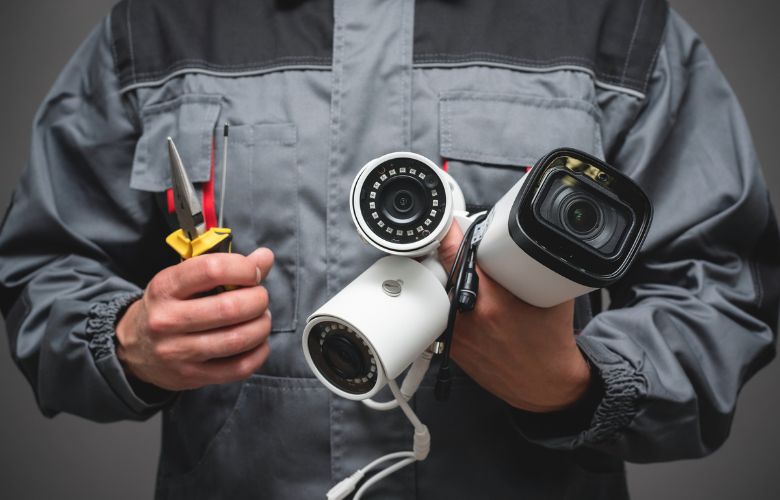 Security cameras can be used for a variety of purposes, but if you’re looking to buy one, there are a few factors to keep in mind: Wireless or wired. You’ll need to consider whether your camera will be installed in a place where there’s enough space for wires and power outlets, or whether you’d prefer that it run on batteries.How many people will be using the camera? If it’s going to be used by multiple people, make sure that each person has their login information so they can access footage from their own devices.Outdoor or indoor cameras. Outdoor cameras like farm security cameras can be more expensive than indoor ones because they need more protection from weather conditions like rain and snow; however, they tend to have better resolution than their indoor counterparts so that images captured by them will appear clearer onscreen when viewed later on at home.The next thing you should consider is whether or not you want your camera to record audio with video footage. If so, then make sure that there is enough memory on your device for both audio and video recording. It’s also important to think about whether or not you want any special features like motion detection or night vision capability built into your security system.Another thing to consider is whether or not your home has Wi-Fi service available at all times so that video can be streamed live over an internet connection rather than stored locally on a hard drive inside each device itself (this might save some money if you don’t have access.
Security cameras can be used for a variety of purposes, but if you’re looking to buy one, there are a few factors to keep in mind: Wireless or wired. You’ll need to consider whether your camera will be installed in a place where there’s enough space for wires and power outlets, or whether you’d prefer that it run on batteries.How many people will be using the camera? If it’s going to be used by multiple people, make sure that each person has their login information so they can access footage from their own devices.Outdoor or indoor cameras. Outdoor cameras like farm security cameras can be more expensive than indoor ones because they need more protection from weather conditions like rain and snow; however, they tend to have better resolution than their indoor counterparts so that images captured by them will appear clearer onscreen when viewed later on at home.The next thing you should consider is whether or not you want your camera to record audio with video footage. If so, then make sure that there is enough memory on your device for both audio and video recording. It’s also important to think about whether or not you want any special features like motion detection or night vision capability built into your security system.Another thing to consider is whether or not your home has Wi-Fi service available at all times so that video can be streamed live over an internet connection rather than stored locally on a hard drive inside each device itself (this might save some money if you don’t have access.
Location
 Location is one of the most crucial factors to consider when buying a security camera. You will want to make sure that the camera is in a place where it cannot easily be tampered with, and that there are no obvious ways for someone to steal it.
Location is one of the most crucial factors to consider when buying a security camera. You will want to make sure that the camera is in a place where it cannot easily be tampered with, and that there are no obvious ways for someone to steal it.
If your goal is to keep an eye on something in your home or business, then you may want to position the camera somewhere visible enough for people to notice it and know what it’s there for. This could mean placing the camera on top of a shelf where it can’t be removed without being noticed, but also not so high up that people would have trouble seeing its contents. Also keep in mind whether you’d prefer if others could see what’s happening through this device if so, try placing it near windows or other areas likely used by guests or customers (like front doors).
If this isn’t important enough yet another thing worth considering would be whether or not passersby might be able to glance over at whatever area they’re trying to keep an eye on while walking by, if so make sure they don’t see anything too private.
Resolution
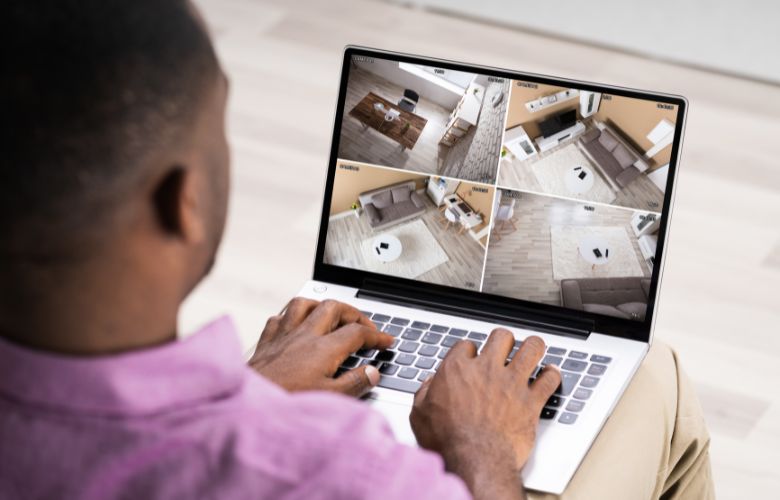 Resolution is the number of pixels in an image. The higher the resolution, the better the image quality. Resolution is measured in pixels per inch (PPI) or megapixels (MP). This is an important factor when it comes to security cameras because a clear picture will help you identify faces and objects in your footage more easily than if they were blurred out or unclear due to poor-quality resolution.
Resolution is the number of pixels in an image. The higher the resolution, the better the image quality. Resolution is measured in pixels per inch (PPI) or megapixels (MP). This is an important factor when it comes to security cameras because a clear picture will help you identify faces and objects in your footage more easily than if they were blurred out or unclear due to poor-quality resolution.
Power Source
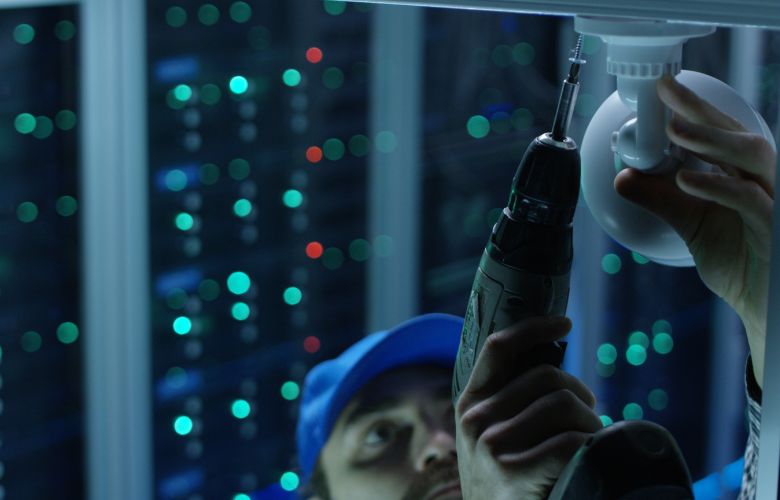 If you are looking for a camera that can be installed in hard-to-reach places, then battery-powered cameras are the best option for you. They can be used indoors or outdoors and come with built-in batteries that allow them to function for a short time without power. Or your home or business has certain needs and wants when it comes to security and so do your cameras. You need a power source that can be easily accessible and reliable but also hidden in case someone needs to tamper with it.
If you are looking for a camera that can be installed in hard-to-reach places, then battery-powered cameras are the best option for you. They can be used indoors or outdoors and come with built-in batteries that allow them to function for a short time without power. Or your home or business has certain needs and wants when it comes to security and so do your cameras. You need a power source that can be easily accessible and reliable but also hidden in case someone needs to tamper with it.
A battery-powered camera is a portable device that can be moved around at your convenience. This makes it very easy to install them in any location of your choice without having to worry about running wires across the house or garden.
The AC adapter-powered cameras have longer battery lives and do not need to be charged as often as the battery-powered ones. The biggest disadvantage of them is that they are usually bulky and heavy because they need a power source.
If you’re thinking about installing solar panels on your roof, we recommend doing some research first. Solar panels aren’t always the best choice for every situation; they may not work well in low-light environments or if the area around them gets too hot or cold. If you have an off-grid system set up at home, however, solar panels may be perfect for you.
Another key thing that people often forget when they’re shopping for security cameras is whether or not they will need additional equipment such as monitor screens and speakers for them to work properly with their systems. Some cameras come with these features built-in, while others don’t, so make sure that whatever model you choose has everything necessary for it.
It is important to keep in mind that if your budget permits, then go ahead and choose one with an extra-long lifespan so that it serves its purpose well even after several years of continuous usage.
Night Vision Ability
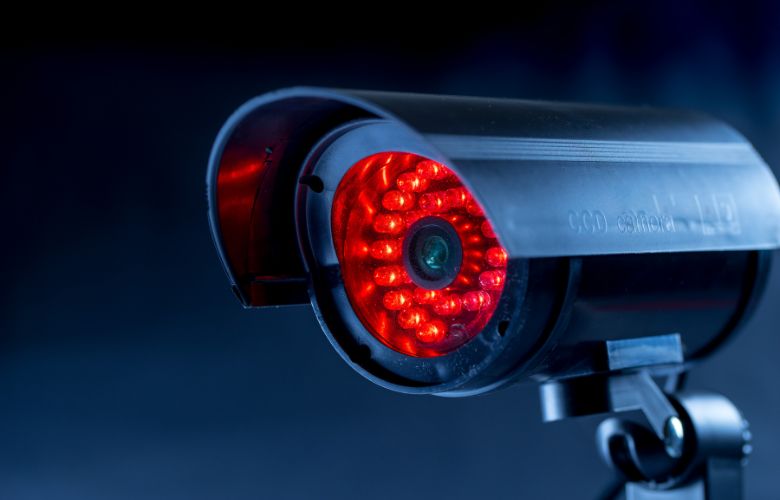 Night vision is one of the most important features to consider when buying a security camera. The best way to do this is to look at the number of infrared LEDs, how powerful those LEDs are, and what the range of the camera and its infrared LEDs are. For example, if a camera has 3 infrared LEDs with an IR range of up to 100 ft but you need it for something that requires a longer range (such as monitoring your front porch), then it’s not going to work for you unless there’s another way for you to add additional lighting around your house (like putting floodlights on timers). You also want to make sure that your chosen security camera has enough sensitivity so that it can pick up what’s happening at night some cameras have very low light sensitivity while others have high light sensitivity.
Night vision is one of the most important features to consider when buying a security camera. The best way to do this is to look at the number of infrared LEDs, how powerful those LEDs are, and what the range of the camera and its infrared LEDs are. For example, if a camera has 3 infrared LEDs with an IR range of up to 100 ft but you need it for something that requires a longer range (such as monitoring your front porch), then it’s not going to work for you unless there’s another way for you to add additional lighting around your house (like putting floodlights on timers). You also want to make sure that your chosen security camera has enough sensitivity so that it can pick up what’s happening at night some cameras have very low light sensitivity while others have high light sensitivity.
Viewing Angle
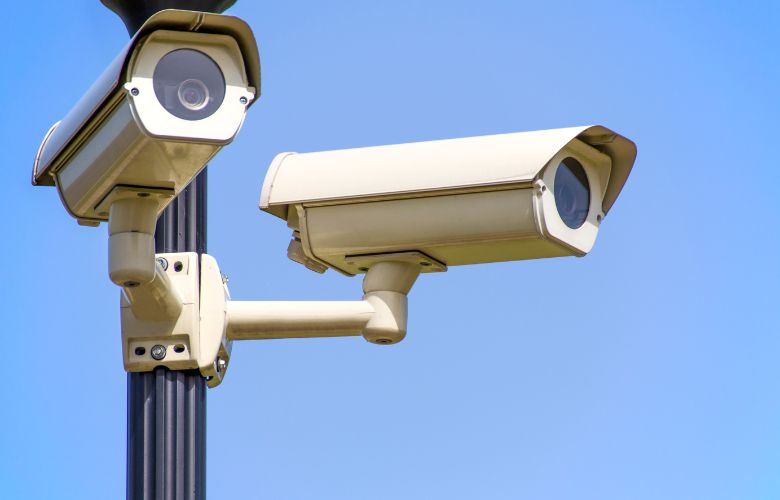 When choosing a security camera, you should consider how wide of an angle it has. The wider the angle, the more you can see with your camera.
When choosing a security camera, you should consider how wide of an angle it has. The wider the angle, the more you can see with your camera.
The viewing angle of a security camera is a very important factor to consider when choosing a camera. The viewing angle refers to the range of angles from which the camera can see images. When you buy a security camera, you want it to be able to see everything that is happening in the area you are protecting. Many people overlook this aspect of choosing a security camera, but it is one of the most important factors that will determine how well your camera performs.
If you want to see a wide area at one time (for example, if there is an area outside your house that needs to be monitored), then get a wide-angle lens for your security camera.
If you only want to monitor one small part of your property (maybe just one room in your home), then get a narrow-angle lens for your security camera so that it will only show what’s in front of it and nothing else.
There are two main types of security cameras: analog and digital. Analog cameras have been around for many years, but they are being phased out due to their lower quality compared to digital cameras. Analog cameras work by sending information through cables that connect them to recording devices or monitors. Digital cameras work by using wireless technology to send information directly to recording devices or monitors without having any wires connected between them.
When choosing a security camera, you should consider both analog and digital models so that you can compare their features side-by-side before making your decision based on which one offers more value for your money as well as better performance overall when compared side-by-side against the other (e.g., picture quality).
The Cost
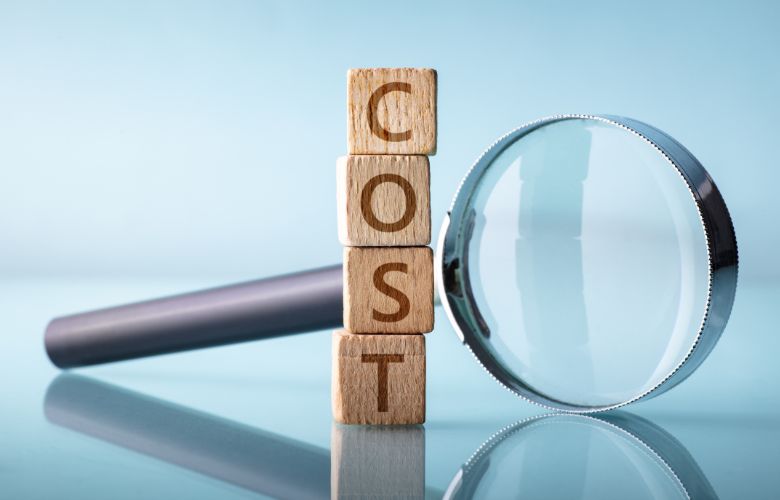 It is important to consider the cost of a security camera, as you will want to ensure that you are getting what you are paying for. When choosing a security camera, it is important to consider the price of each camera. Typically, the more expensive cameras have more features and higher-quality components. The less expensive cameras may not have as many features or be as durable as their more expensive counterparts.
It is important to consider the cost of a security camera, as you will want to ensure that you are getting what you are paying for. When choosing a security camera, it is important to consider the price of each camera. Typically, the more expensive cameras have more features and higher-quality components. The less expensive cameras may not have as many features or be as durable as their more expensive counterparts.
You should also consider how much power each camera uses when determining its cost. Some cameras can use up to three times more electricity than others because they have more features or because they have a higher resolution.
The type of security cameras you choose will also affect their cost. For example, wireless cameras tend to be less expensive than wired ones because there are no wires to install them and they do not require any additional equipment such as monitors or receivers for them to work properly; however, they do require batteries which can increase your overall costs if they run out before replacing them with new ones.
Conclusion
As you can see, there are many factors to consider when buying a security camera. The most important factor is to know exactly what you need the camera to do and where it will be placed. This will help you narrow down your search to find a product that meets your specific needs. Once you have done this, then you can go shopping.

